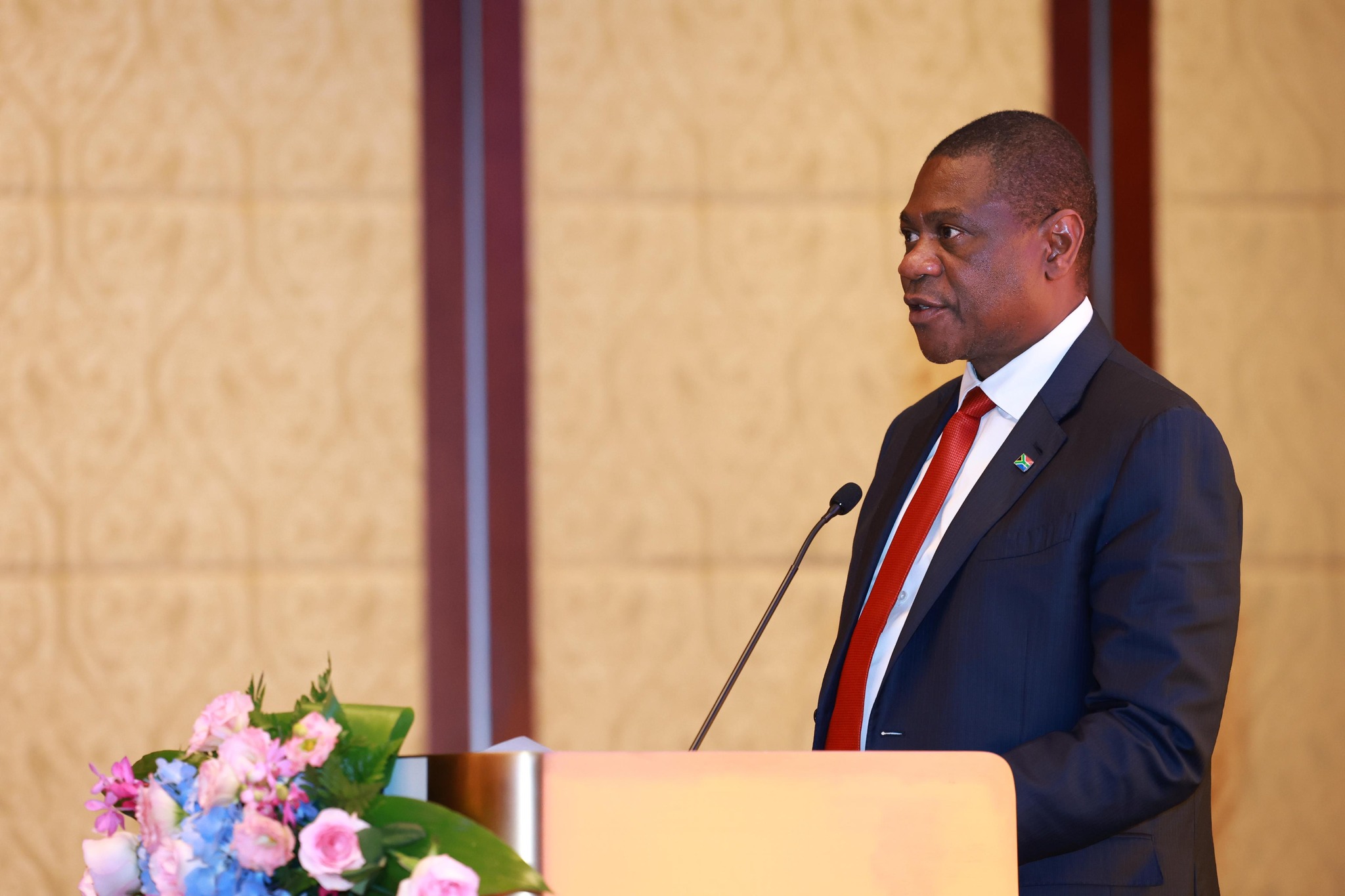Mashatile: Gender Equality Key to Democracy, Growth, and Social Justice
“True democracy can only flourish when all individuals are treated with dignity and respect and have access to equal opportunities,” Mashatile said.

- Country:
- South Africa
Deputy President Paul Mashatile has underscored that gender equality is not only a fundamental human right but also the cornerstone of a thriving democracy, sustainable development, and social cohesion. Speaking at the inaugural P20 Women’s Parliament of the seventh administration on Wednesday, Mashatile urged South Africans to commit to dismantling systemic barriers that still prevent women from fully participating in all spheres of society.
Gender Equality as a Pillar of Democracy
“True democracy can only flourish when all individuals are treated with dignity and respect and have access to equal opportunities,” Mashatile said. He stressed that gender equality is essential for promoting peace and security, advancing sustainable development, and fostering a more inclusive society.
He tied this vision to the principles outlined in the Women’s Charter as well as South Africa’s developmental priorities within the 2025 Group of 20 (G20) framework.
Progress and Persistent Inequalities
Mashatile acknowledged the progress South Africa has made since 1994, including increased representation of women in governance. South Africa now ranks second among G20 nations for female representation in parliament, with women making up 42% of Members of Parliament (MPs).
However, he noted that this advancement has yet to translate into full gender parity across the economy, where many sectors remain male-dominated. “The reality is that, despite an increase in representation in Parliament since 1994… we have not fully realised the ideals of the Freedom Charter,” he said.
Economic Empowerment and Legislative Measures
The Deputy President called for a renewed focus on women’s economic empowerment as a driver of both economic growth and social equality. He advocated for legislative measures to ensure that women-owned small, micro, and medium-sized enterprises (SMMEs) have access to working capital and opportunities to participate in the mainstream economy.
“Women’s rights are human rights,” he declared, urging all sectors—public, private, and civil society—to unite in combating challenges such as the gender pay gap, limited access to senior leadership roles, and systemic exclusion from strategic industries.
A Collective Responsibility Beyond Government
Mashatile emphasised that gender equality is not solely the responsibility of government. “Regardless of our sex and gender orientation, all of us must be motivated to continue the fight for gender equality,” he said. He called on MPs to recognise women’s vital contributions not only in governance but in community development, family life, and the economy.
Honouring the 1956 Women’s March Legacy
Linking the struggle for equality to South Africa’s history, Mashatile recalled the 1956 women’s march to the Union Buildings, describing it as a defining moment in the fight against oppression.
“Their chant, ‘Wathint’ abafazi, wathint’ imbokodo’ [You strike a rock, you strike a woman], embodies the tenacity, resilience, and strength of women,” he said, adding that this spirit continues to inspire the nation today.
Frameworks for Equality
The Deputy President also revisited the Women’s Charter and Freedom Charter, which enshrine rights such as equality in voting, employment, marriage, and family life. These frameworks, he noted, envision a South Africa where all citizens, regardless of gender, enjoy equal rights and opportunities.
Role of the P20 Women’s Parliament
The P20 Women’s Parliament—part of the global P20 initiative linking parliaments from G20 member states—serves as a platform for advancing gender equality, addressing women’s issues, and aligning legislative priorities with the United Nations Sustainable Development Goals.
Mashatile concluded by reaffirming that the fight for gender equality is integral to South Africa’s vision of shared prosperity, peace, and democratic resilience, urging all sectors to work together to make it a lived reality.










